How To Fade A Tattoo: Natural Remedies & Medical Treatments
Lighten that undesirable ink with these easy methods.
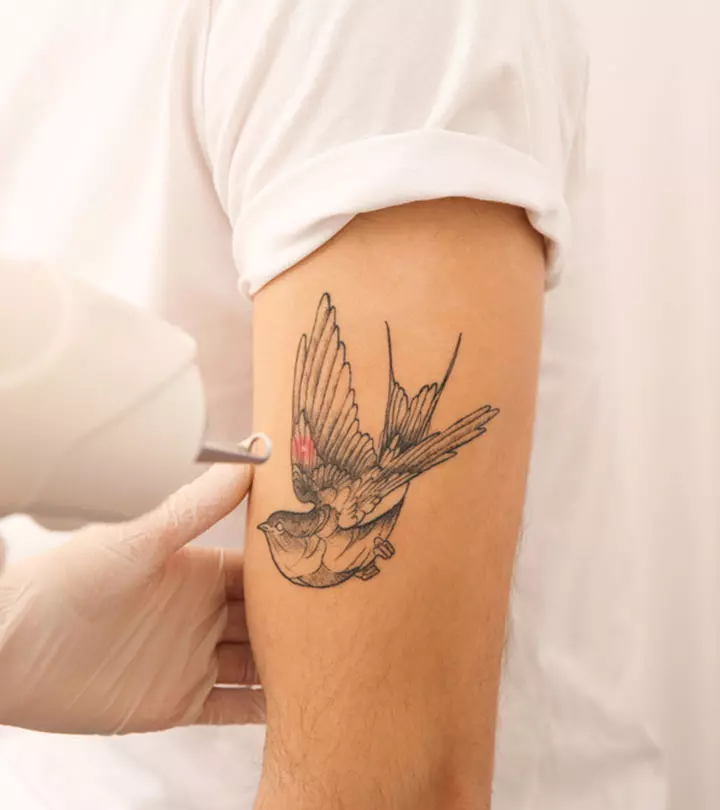
Image: Shutterstock
Tattoos are a beautiful way of expressing one’s beliefs and creativity. However, the end result may not meet your expectations and leave you with disappointment and regret. So, If you are wondering how to fade a tattoo, you have come to the right place. While complete tattoo removal may be painful, costly, and challenging, fading a tattoo is far more achievable. From tattoo fading creams to numerous professional treatments and natural remedies, we dive into the different ways to fade a tattoo in the article below. Scroll down to know more.
In This Article
How Long Does It Take For A Tattoo To Fade?
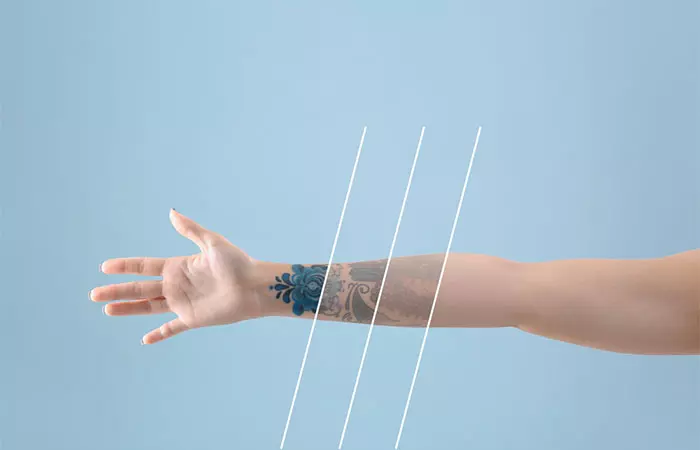
It can take up to several months or years for a tattoo to fade naturally. But if you are opting for a professional treatment or any other fading technique, the results will depend on the method itself. For instance, a laser tattoo removal treatment can provide visible results within 5 to 6 weeks, whereas natural remedies may take up to a few months to show results.
Keeping these points in mind, learn more about how to fade a tattoo in the section below.
Key Takeaways
- Natural remedies such as lemon juice and salt may take weeks or months to help fade a tattoo.
- Creams formulated with salicylic acid may help diminish the appearance of tattoos.
- Laser surgery and excess sun exposure can also help in gradually fading a tattoo.
How To Fade A Tattoo
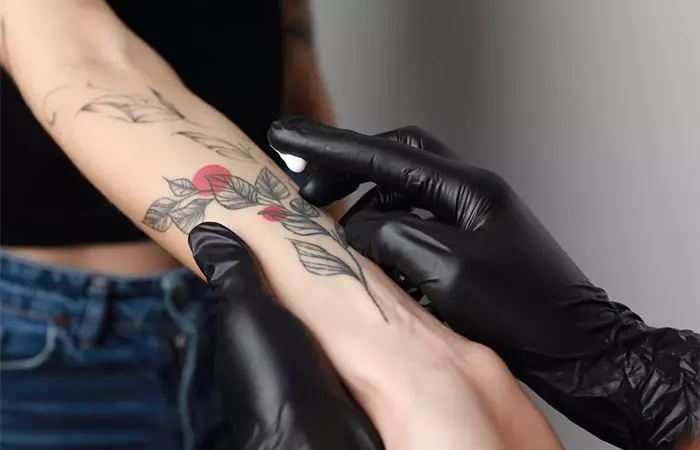
If you want to know how to remove a tattoo, the short answer is that it has to be done gradually. There are various tattoo fading methods you can opt for to gradually remove tattoos. If you wish to consult a professional tattoo artist and solely trust proper treatments, you can go for laser surgery or cryosurgery. You can even invest in tattoo removal ointments or try DIY remedies like lemon and hydrogen peroxide.
But before we delve further into how to fade a tattoo, you may be wondering whether color tattoos fade. The answer is yes. Color tattoos eventually fade with time. However, the results may vary depending on the ink’s quality and the individual’s skin type.
 Quick Tip
Quick TipMost of us will look for painless, natural, and affordable ways to fade our tattoos before opting for the expensive treatments. So, if you are one of them, scroll down to the next section to find out more.
Homemade Methods Of Fading Tattoos
- Honey, Salt, And Yogurt
Applying a mixture of honey, salt, and yogurt may help fade a tattoo. Anecdotal evidence suggests that honey may have skin brightening properties that may aid in diminishing the tattoo’s appearance, while salt may help break down ink particles. Further, the lactic acid in yogurt may help moisturize and brighten the skin (1), (2).
Mix one teaspoon each of honey and yogurt with a pinch of salt. Gently scrub the mixture in circular motions on the inked area. Do this for a few months to see visible results.
- Hydrogen Peroxide
Using hydrogen peroxide on the tattoo may help break down the tattoo ink into smaller pigments and get safely absorbed by the body. Take a clean towel or cotton swab, dab it in some hydrogen peroxide, and gently apply it to the tattoo. Allow it to rest for 5 to 10 minutes before rinsing it off with lukewarm water. Follow the procedure for a few days for visible results.
However, exercise caution as improper use of hydrogen peroxide may result in skin damage, irritation, burns, and scarring. Hence, always do a patch test before use.
- Lemon And Salt
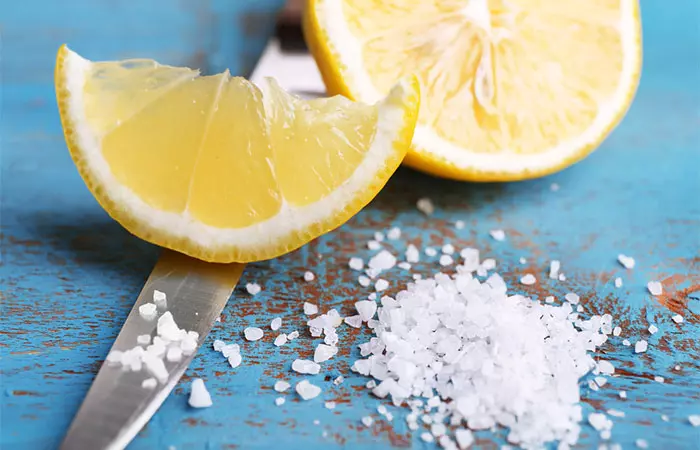
The high vitamin C content in lemon may help lighten the outer layer of the tattoo. However, it may not be able to penetrate the deeper layers of skin where the ink resides. Mixing it with salt may help gently exfoliate the skin to help diminish the tattoo’s appearance (3), (4).
Combine two teaspoons of lemon juice with one teaspoon of salt. Gently apply this mixture to the entire tattoo and leave it on for 10 minutes before rinsing it off. Do this two times per day.
- Salicylic Acid
Salicylic acid is often used in skin care products for its exfoliating properties. This active ingredient helps in removing dead skin cells and may also be used as a fading cream. Apply a little bit of cream with 2% to 5% of salicylic acid regularly to help peel the skin to fade the tattoo (5).
- Yogurt and Aloe Vera Gel
According to anecdotal evidence, aloe vera may help remove your tattoo naturally. You need to apply the thick paste to the inked region four times a day for thirty minutes each time.
- Salt Scrub
Use a moist gauze sponge with table salt and scrub the tattooed area gently. It may help exfoliate the skin and fade the tattoo. However, there is no proper scientific evidence to prove how effective and safe this method is.
 Quick Tip
Quick TipWhile you can try these natural remedies for tattoo lightening, there is no evidence that these methods give effective results. Another point to note is that the results from using these remedies may also differ significantly from person to person. It depends on how elaborate your tattoo is, the placement, the shade work, and the color of your ink. So, it is not recommended to rely on natural remedies alone for the removal. Excessive and improper use of these remedies may even damage the skin. Therefore, it is best to consult a professional before attempting to fade a tattoo. You may also opt for professional tattoo removal services for effective and better results. Scroll down to the next section to know more.
Surgical Methods Of Fading Tattoos
- Laser Surgery
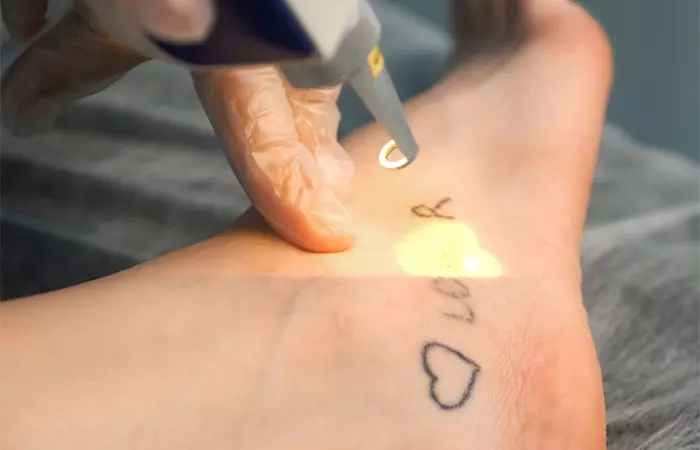
The procedure involves using light beams to effectively break down the tattoo pigments, allowing the body to eliminate them. The number of laser removal sessions depends on the ink quality, tattoo size, ink color, location, and skin type. It may require anywhere between 2 to 6 sessions to help fade the tattoo.
A blogger shared her experience of doing laser surgery for fading her tattoo in her blog. She said, “Weird things that I’ve really come to notice. There are some lines that have stayed dark-ish and then others that the line itself is still dark, but there are little clear spots where it’s broken up. Or there are areas that were so much lighter even before this treatment that I thought would disappear really quickly and haven’t (i).”
- Surgical Excision
The procedure requires surgically cutting out the tattooed skin and stitching the wound. While the procedure is effective for smaller designs, it is not recommended for larger tattoos as it may cause scarring.
- Intense Pulsed Light Method (IPL)
This procedure uses broad-spectrum light to remove the epidermis and break down the color pigments into smaller components, which are then absorbed by the body. Then, the affected area heals via skin regeneration. Multiple sessions may be required to achieve the desired results.
- Cryosurgery
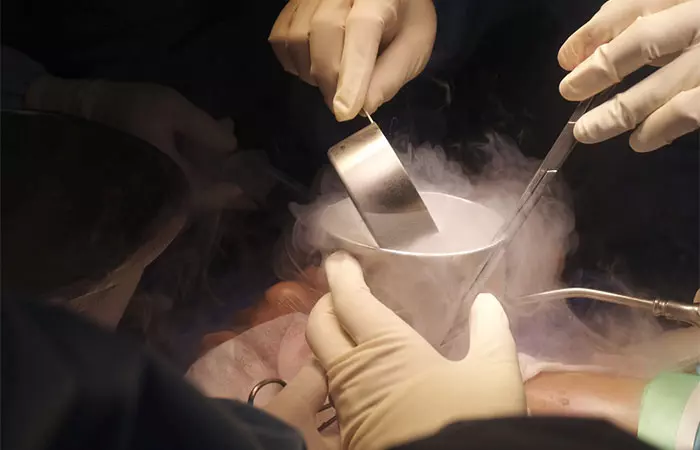
While this procedure is used to treat warts and cancer, it has gained popularity over the years for fading tattoos effectively. It involves using liquid nitrogen to freeze the skin and then dermabrasion to remove the top skin layer and break down the tattoo pigments. However, this method may not be effective for green and yellow pigments.
Fading a tattoo is a major decision that requires careful consideration. While various DIY remedies can be explored, their results are not scientifically tested or guaranteed. Professional procedures like laser treatment and surgical excision offer effective results by working on the deeper layers of skin. Consult a dermatologist to choose a customized safe and effective tattoo fading treatment. Do ensure that you follow the proper practices to prevent any adverse effects and achieve the desired outcome.
Frequently Asked Questions
Does shaving over a tattoo make it fade?
No, shaving does not help fade a tattoo. It only removes the hair from the outer skin layer. However, ensure that you do not shave over a healing tattoo as it may increase the risk of bleeding and infection.
Does the sun fade tattoos?
Yes, prolonged exposure to the sun can break down the ink particles, which may help distort and blur the lines and colors of the tattoo and fade it out. It is important to remember that this may take months or even years to substantially fade the tattoo.
Does Vaseline fade tattoos?
No, anecdotal evidence suggests that Vaseline does not help fade the ink. Also, it is best to avoid using Vaseline on tattooed skin as it may block the skin pores and trap the bacteria in them, thus increasing the risk of infection.
Can apple cider vinegar remove a tattoo?
No, there is currently no scientific evidence that suggests apple cider vinegar can help in fading a tattoo.
What tattoo color fades the fastest?
Red, pink, orange, white, and yellow inks tend to fade faster due to their composition and response to sunlight as compared to darker colors such as gray, dark blue, and black.
Will shea butter fade tattoos?
No, shea butter does not help fade tattoos. However, it is used in tattoo aftercare to moisturize the skin and protect it from the sun due to its emollient and sun-protecting properties (6).
Illustration: How To Fade A Tattoo: Natural Remedies & Medical Treatments
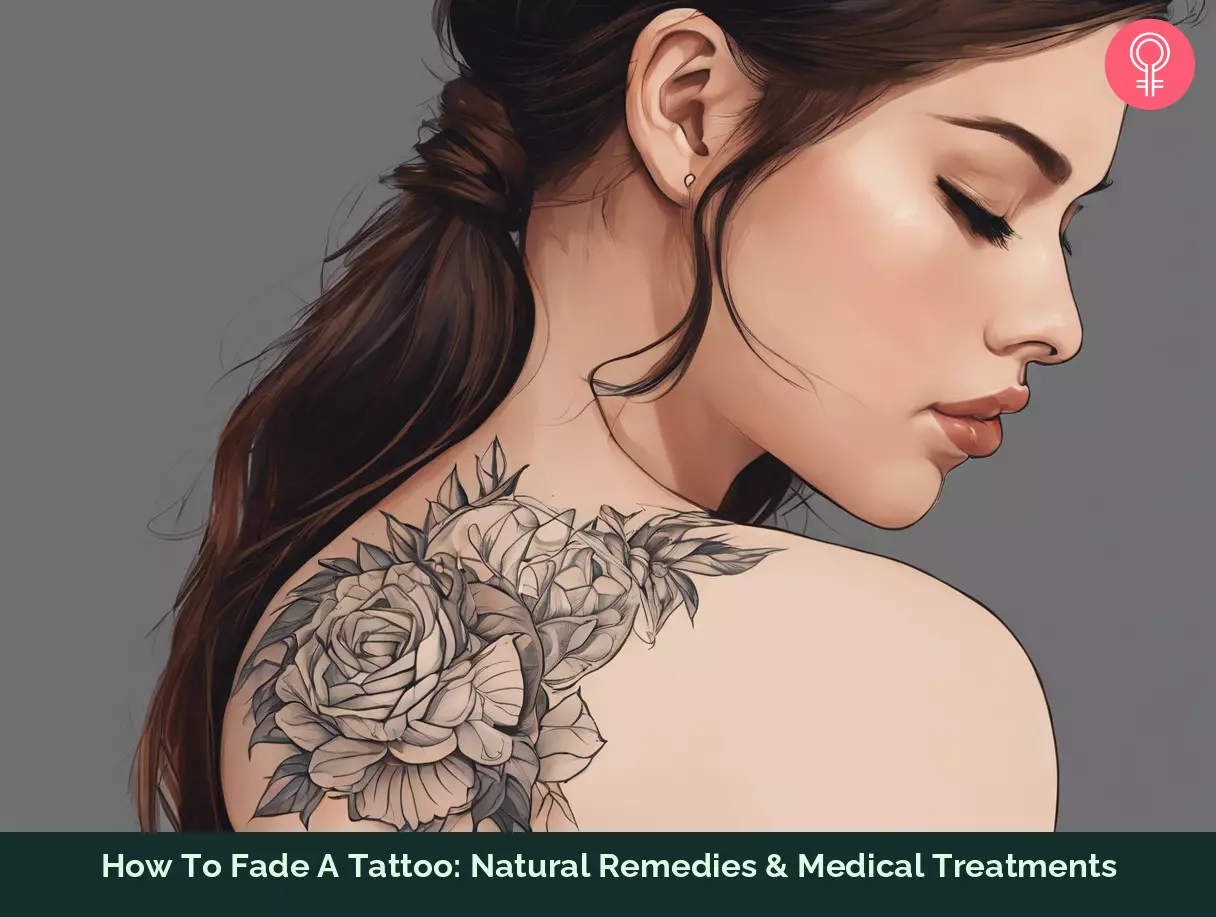
Image: Stable Diffusion/StyleCraze Design Team
Investing in professional tattoo fading services may burn a hole in your pocket. Check out this video for a simple and natural method that may help fade a tattoo at home.
Personal Experience: Source
StyleCraze's articles are interwoven with authentic personal narratives that provide depth and resonance to our content. Below are the sources of the personal accounts referenced in this article.
(i). My Tattoo Removal Storyhttps://solongtattoo.wordpress.com/
References
Articles on StyleCraze are backed by verified information from peer-reviewed and academic research papers, reputed organizations, research institutions, and medical associations to ensure accuracy and relevance. Read our editorial policy to learn more.
- Yogurt Production
https://pubmed.ncbi.nlm.nih.gov/30506248/ - The effects of topical l(+) lactic Acid and ascorbic Acid on skin whitening
https://pubmed.ncbi.nlm.nih.gov/18505528/ - Content of phenolic compounds and vitamin C and antioxidant activity in wasted parts of Sudanese citrus fruits
https://www.ncbi.nlm.nih.gov/pmc/articles/PMC6060895/ - The effect of Vitamin C on melanin pigmentation – A systematic review
https://www.ncbi.nlm.nih.gov/pmc/articles/PMC7802860/ - Salicylic acid as a peeling agent: a comprehensive review
https://www.ncbi.nlm.nih.gov/pmc/articles/PMC4554394/ - Effects of topical and dietary use of shea butter on animals
https://www.researchgate.net/publication/277021242_Effects_of_Topical_and_Dietary_Use_of_Shea_Butter_on_Animals
Read full bio of Bianca Lorena Saldes
Read full bio of Pahul Nanra
Read full bio of Eshna Das
Read full bio of Manjari Uppal






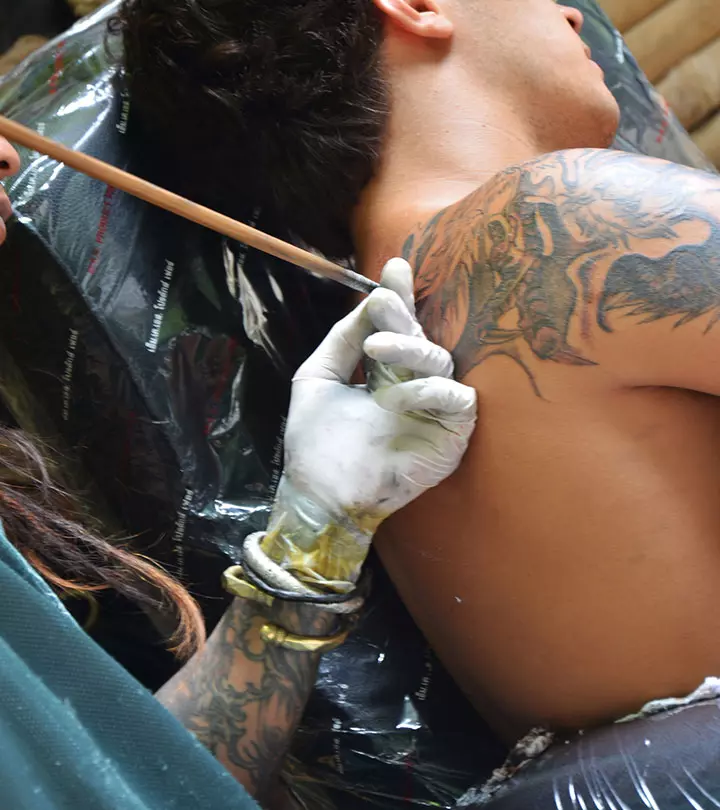
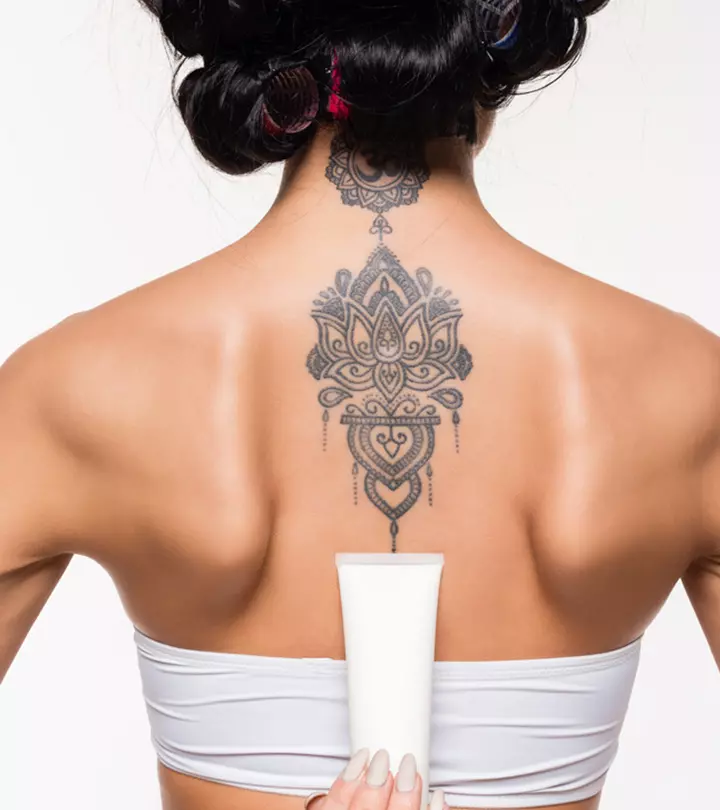
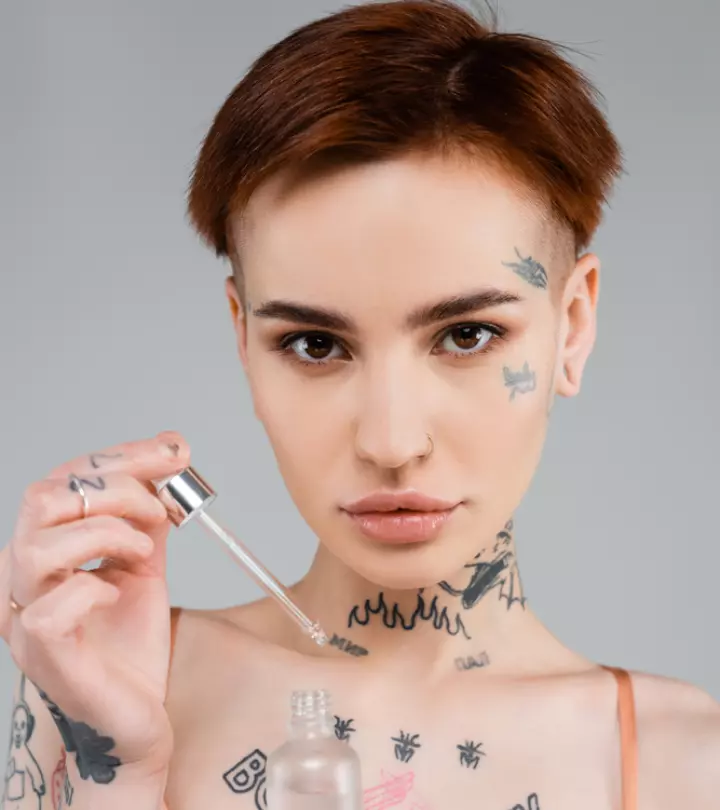

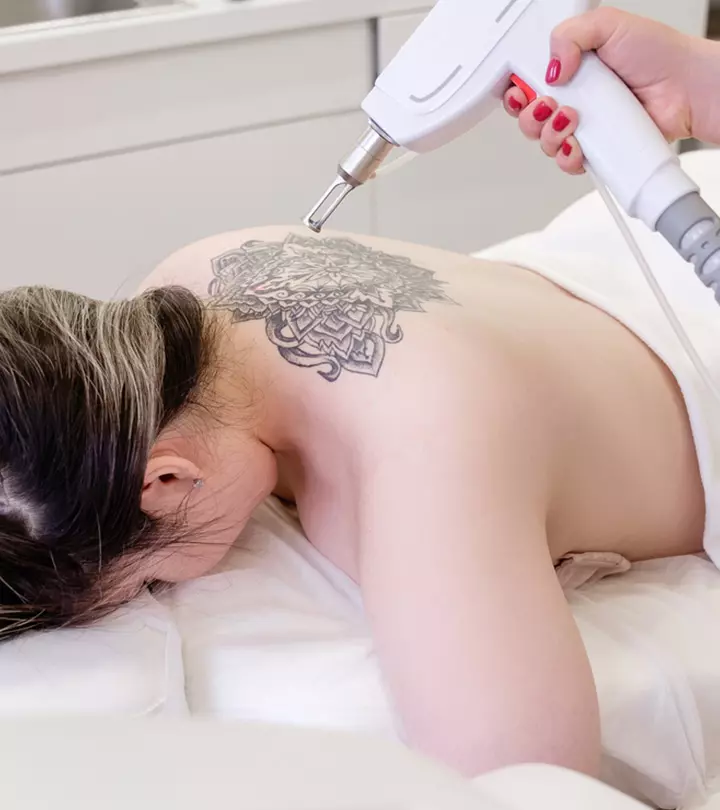
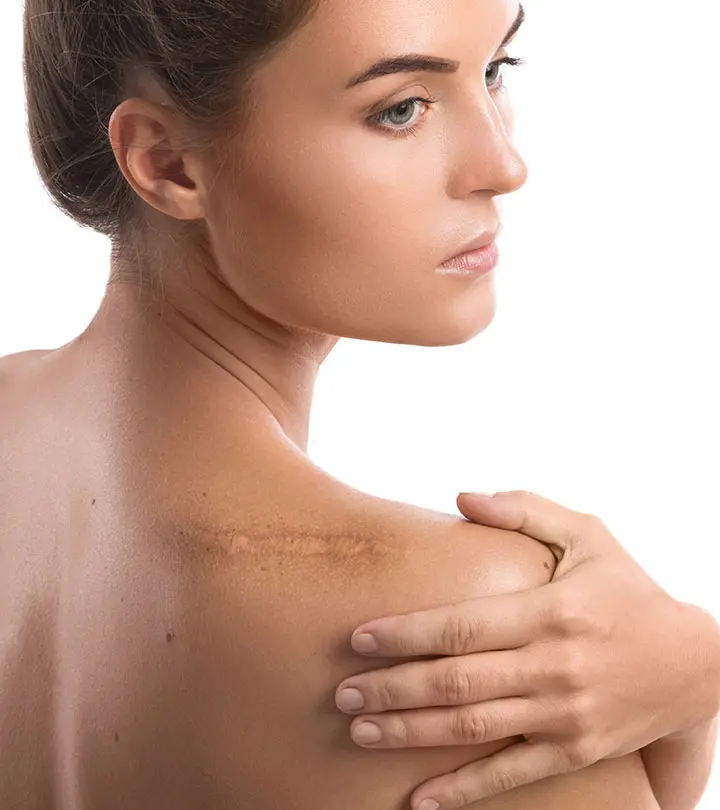
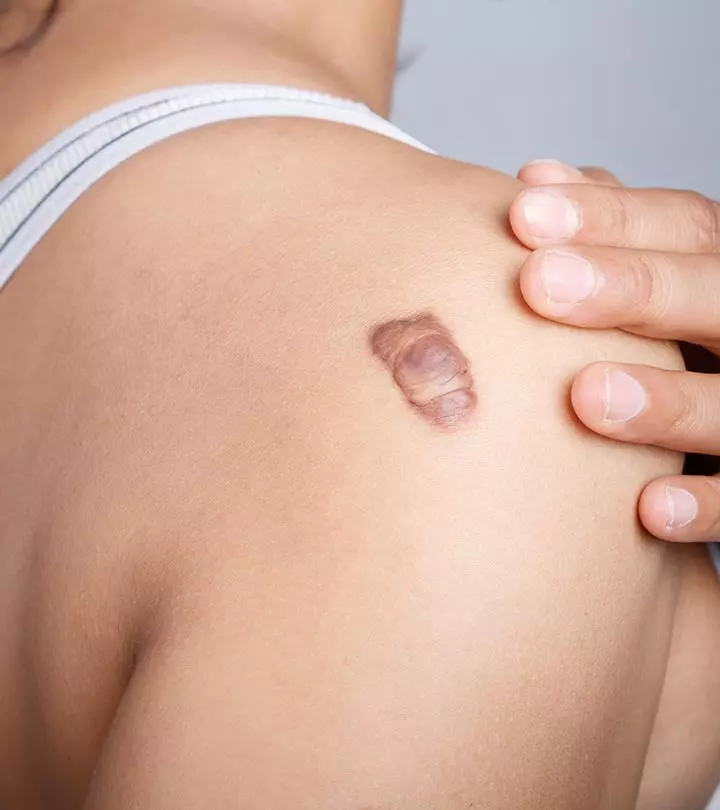

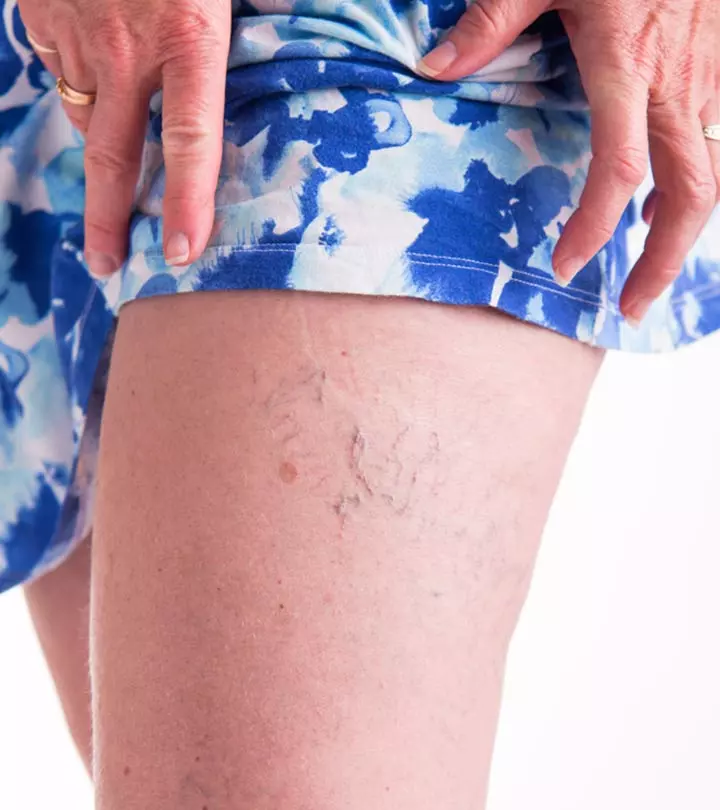

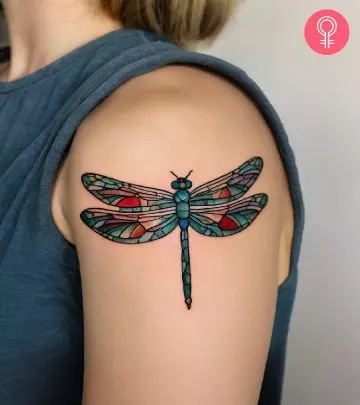


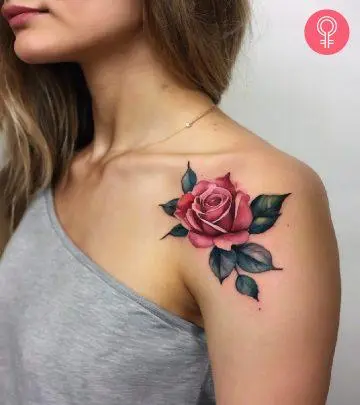

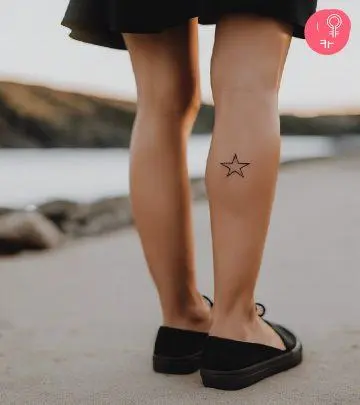
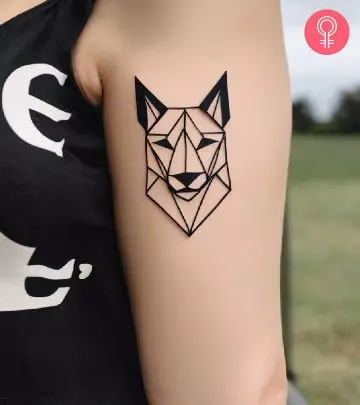

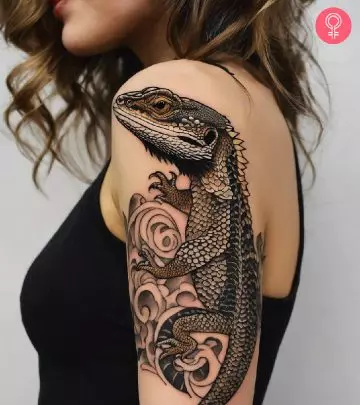

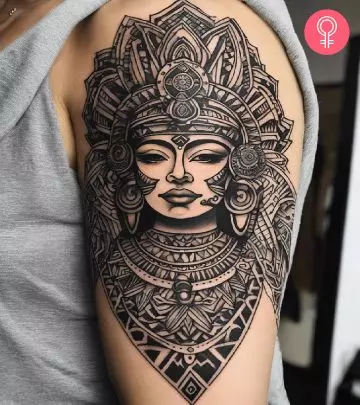
Community Experiences
Join the conversation and become a part of our empowering community! Share your stories, experiences, and insights to connect with other beauty, lifestyle, and health enthusiasts.